Two bomb explosions near candidates’ offices in the Pakistani province of Balochistan caused the death of at least 27 people and injured many on the day before the general elections, according to officials.
The first blast occurred in Pishin district, killing 18 people north of Quetta city. A second explosion took place in Qila Saifullah, about 150km (93 miles) to the east, resulting in nine casualties.
The elections have been marked by violence and allegations of rigging, with former Prime Minister Imran Khan unable to participate.
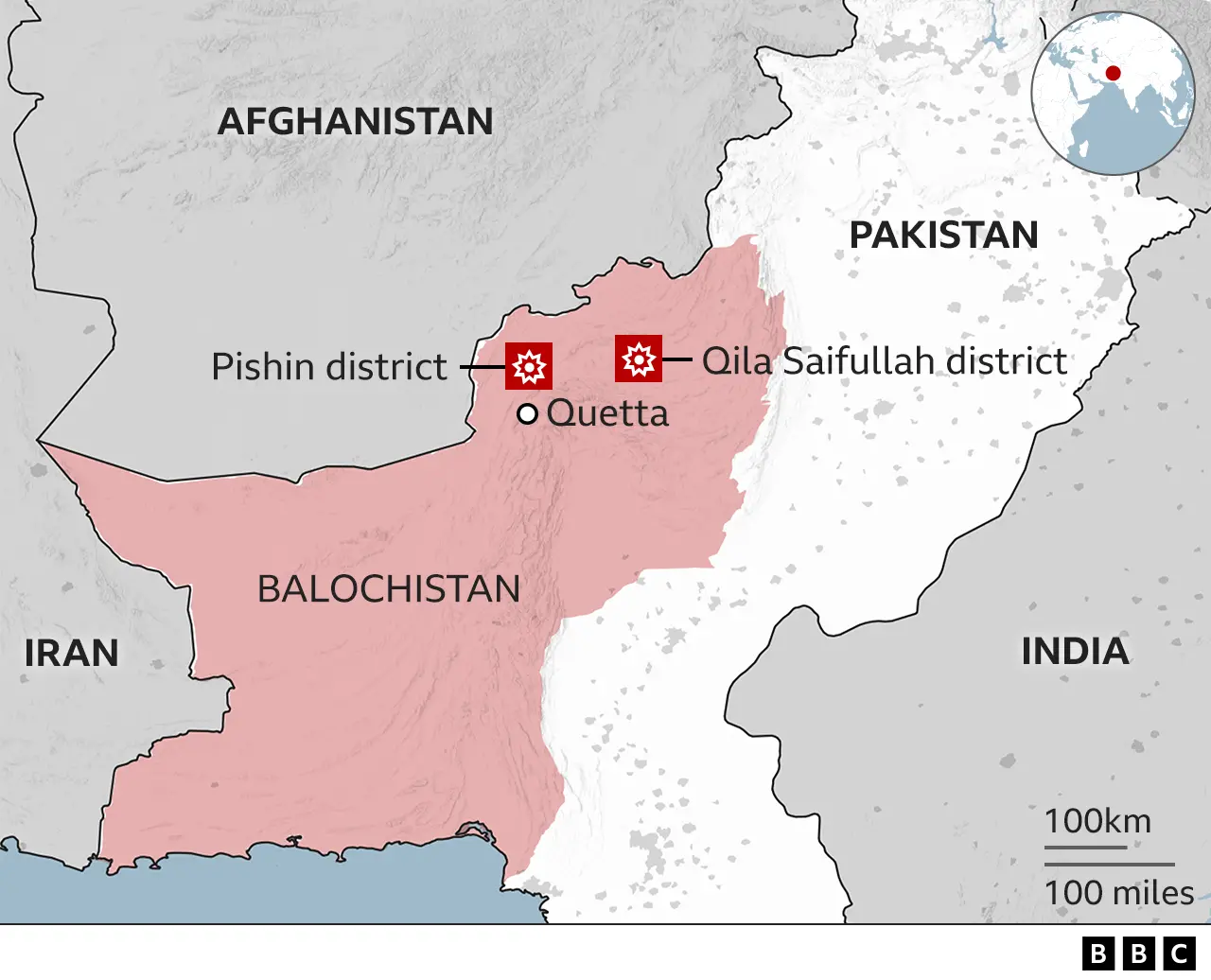
The police are still investigating the causes of the two explosions. Balochistan, Pakistan’s largest and poorest province, has a history of violence. It has experienced a prolonged struggle for greater autonomy by various groups, some of them armed. Islamist militants, including the Pakistani Taliban (TTP), operate along the border between Afghanistan and Pakistan.
No one has claimed responsibility for the attack near the independent candidate’s party office in Pishin, a town around 100km southeast of the Afghan border. The local authorities reported that 25 people were injured in the incident.

Pictures on social media showed damaged cars and motorcycles due to the explosion. According to officials, the candidate was in a meeting with his polling agent when the attack happened.
Details about the second blast are still coming in. A senior police official mentioned that it occurred in the main market of Qila Saifullah, targeting the election office of the JUI-F party.
In the week leading up to Thursday’s vote, both Balochistan and Khyber Pakhtunkhwa provinces experienced violent incidents, and the violence in Pishin and Qila Saifullah was anticipated.
In mid-January, the insurgent group Baloch Liberation Army-Azad (BLA) claimed responsibility for bombing an election training office and released a pamphlet urging people to boycott the elections. Soon after, hand grenade attacks on political party offices were reported in various cities in the province.
Many voters in Balochistan feel overlooked by the country’s political parties, as the province has limited seats in parliament. They often believe candidates are imposed on them, with little to no connection to Balochistan.
Additionally, many voters express a sense of unfairness about the vote, describing it as a “selection”
See what is happening in trends







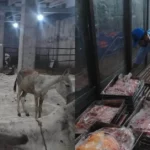
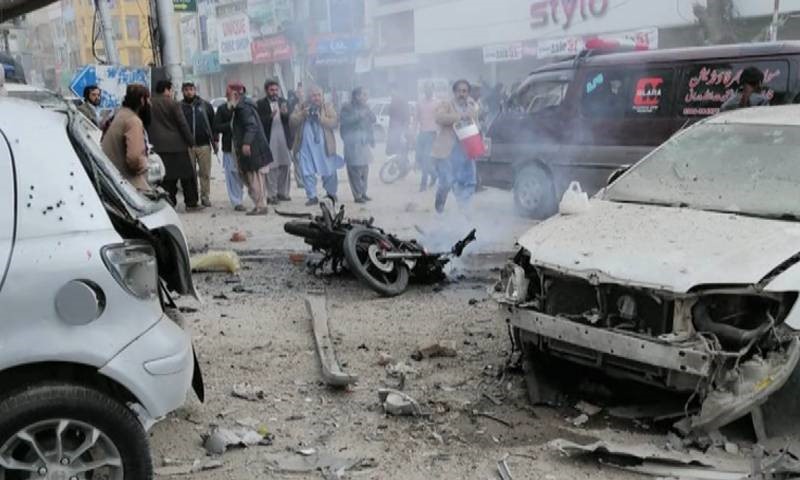



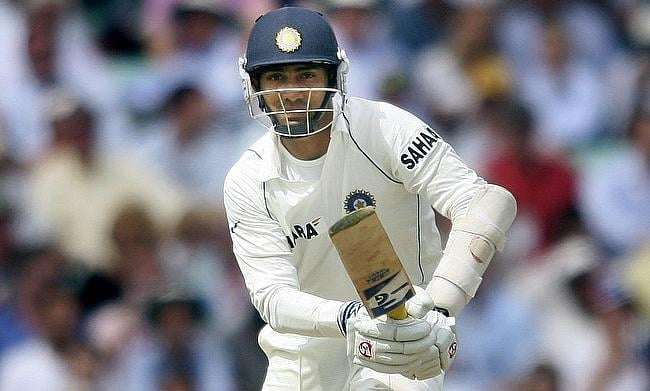


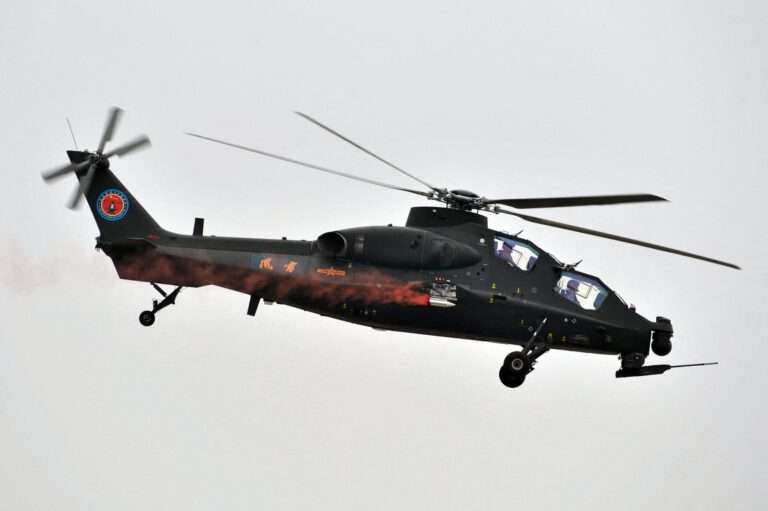
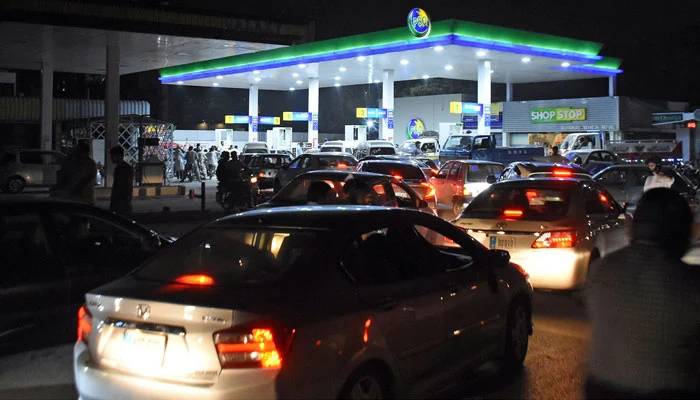
+ There are no comments
Add yours